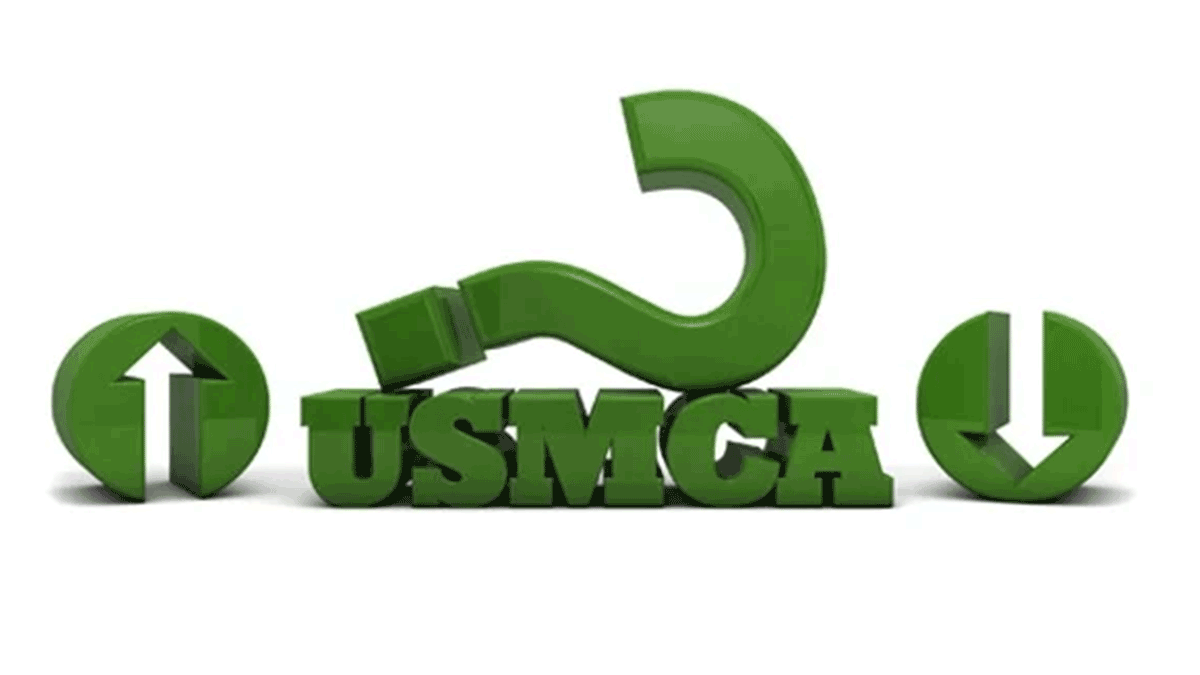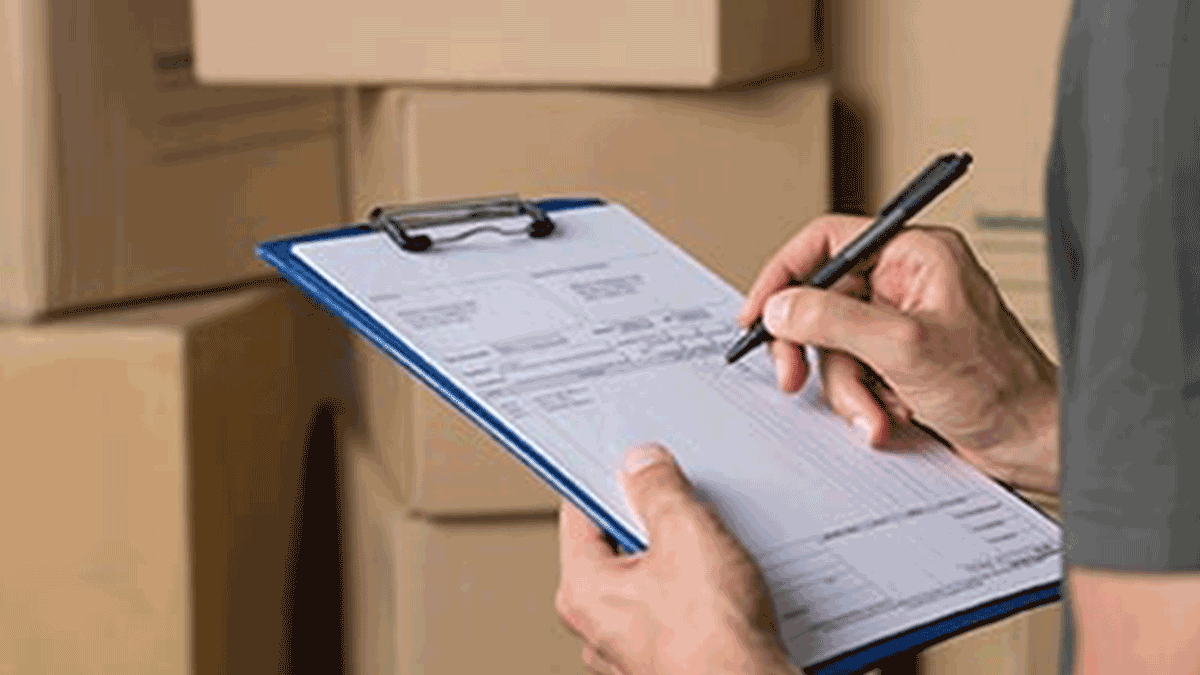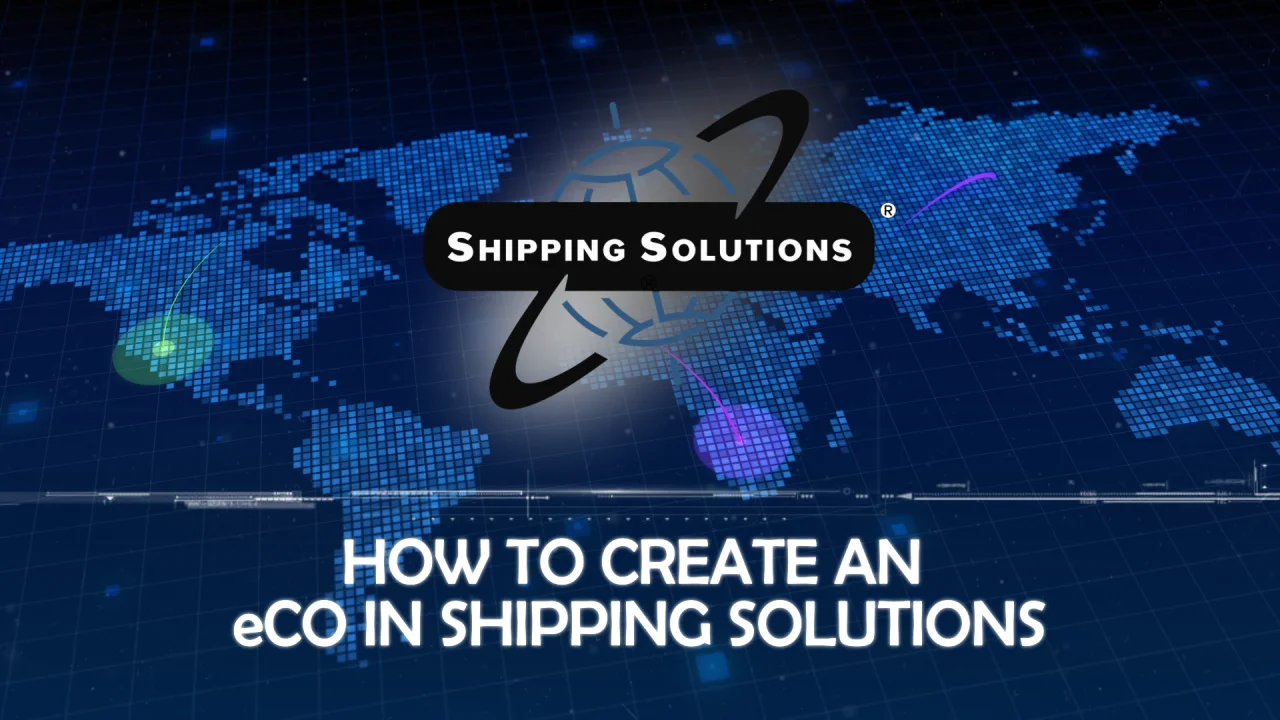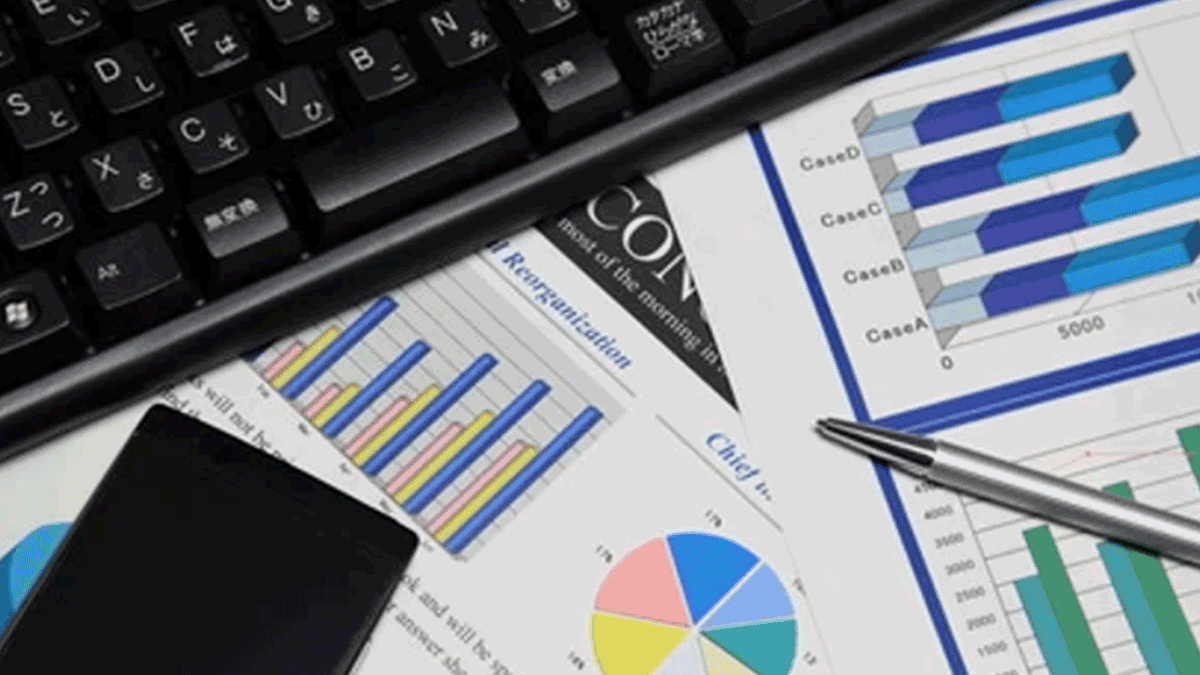On: May 27, 2020 By: David Noah
NAFTA vs. USMCA: The North American Free Trade Agreement and the U.S.-Mexico-Canada Agreement
It seems like it has been in the news forever: USMCA is replacing NAFTA. Well, it's finally happening. Beginning July 1, 2020, the United States, Mexico and Canada are implementing their new free trade agreement. And for many importers and exporters, it's more than just NAFTA version 2.0.








